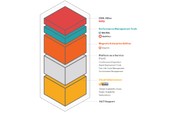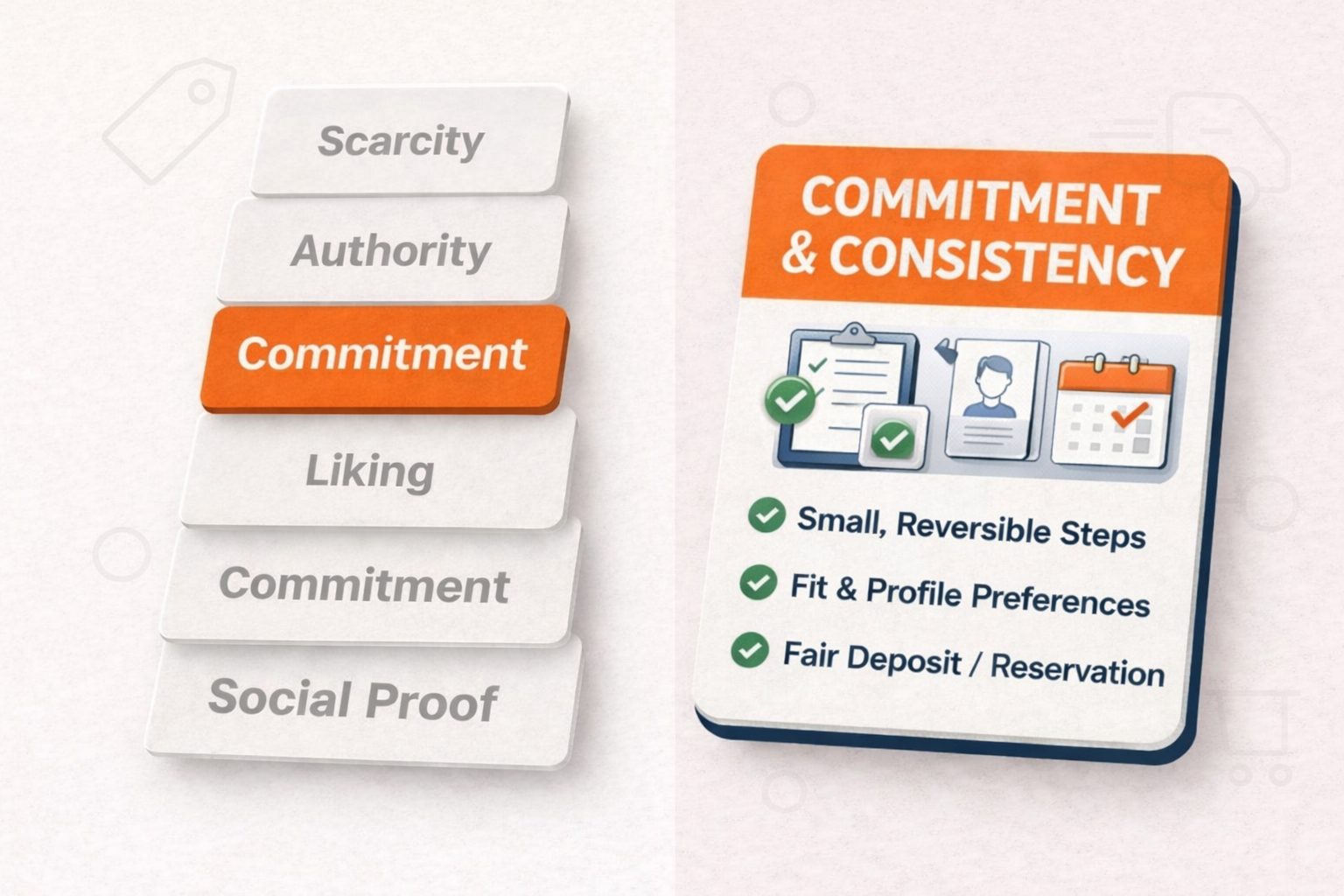At the last Magento Imagine conference in LA that completed just few days ago Magento announced new addition to its’ product portfolio – Magento Enterprise Cloud Edition. In this post we quickly review what is it from business user prospective.
Magento Enterprise Cloud Edition is PaaS, not SaaS
Cloud, SaaS, PaaS … If you are lost in tech mambo-jumbo PaaS stands for “Platform as Service”, while SaaS is ‘Software as Service”. And both can be classified as cloud solutions.
What this one letter (Platform vs Software) difference means for business? PaaS approach allows to keep the key benefit that merchants value in Magento – flexibility, ease of customisation. Your development team has access to source code and therefore can customise it to meet your business requirements quickly. This is the core difference from SaaS, where merchant developers don’t have access to source code, so customisation possibilities are much more limited.
On the other hand Magento provides you with many benefits associated with cloud solution
- Low (efforts) maintenance
- Scalability
- Redundancy
- Global availability
Where is the catch? Mistakes of your own or outsourced development team can still let your website down. So your programmes should know what they are doing. There is help here – Magento Enterprise Cloud Edition Magento provides number of tools to improve DevOps processes and make your website more stable including versioning, rapid deployment and continuous integration tools.
Magento Enterprise Cloud Edition uses Magento 2 Enterprise version.
When should you consider Magento Enterprise Cloud Edition?
- You prefer to outsource server infrastructure management
- You have limited time to build own infrastructure, pre-packed platform lets you to deploy your store faster than building your own
- You want to simplify vendor management (assuming that Magento takes over control of partners solutions)
When you’ll be better without Magento Enterprise Cloud Edition?
All that features packed in the platform have costs and for some merchants it may be an overkill to have them and pay for them. For example, if you focus on geo one market you don’t really need global availability; if your traffic has no spikes – scalability isn’t very valuable option for you. In this cases merchants can be better of financially to use more conventional hosting.
Other case may be the opposite – very sophisticated merchants with highly experienced tech team can build bespoke solution that performs better in their particular case than built for everybody PaaS.
Reference
Magento Enterprise Cloud official page – https://magento.com/products/enterprise-cloud-edition






